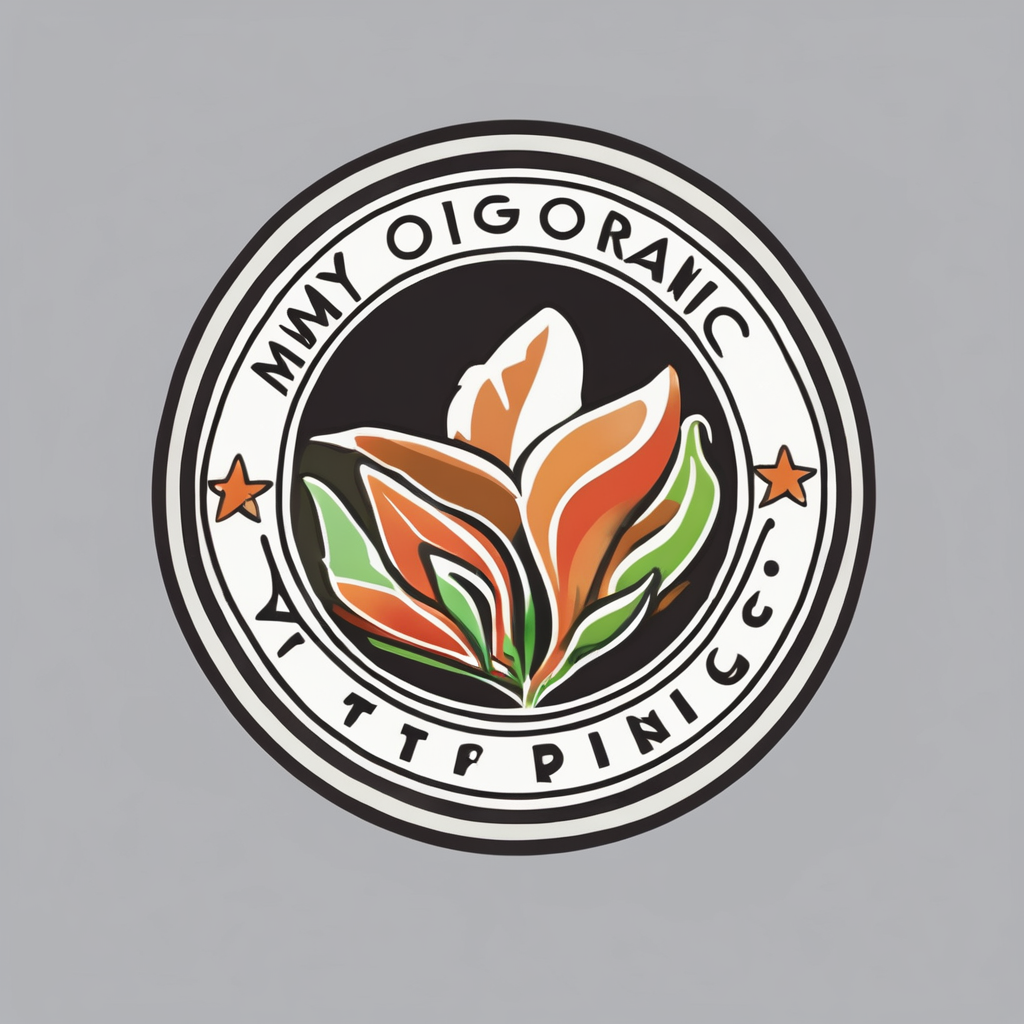Ethical fashion trends among UK women
The ethical fashion UK movement is gaining ground decisively among UK women, fueled by increasing awareness of environmental and social issues. Sustainable fashion trends prominently influence UK women’s clothing choices as they seek garments that reflect their values without sacrificing style.
Key trends shaping ethical brand selection include a preference for organic fabrics, fair trade certification, and transparency in supply chains. Many UK women prioritize brands that reduce waste and carbon footprints, aligning with a growing cultural shift towards responsible consumerism.
In the same genre : How is social media impacting UK women’s fashion trends?
Generational differences play a significant role; younger UK women, particularly Millennials and Gen Z, lead the adoption of ethical fashion. They actively seek out brands that support social justice and sustainability, often influenced by social media and peer advocacy. In contrast, older generations show a rising but slower embrace of sustainable fashion trends.
Cultural narratives around identity and responsibility further propel this shift. UK women are redefining fashion by choosing clothes that narrate their commitment to a better planet, making ethical fashion not just a trend, but a lifestyle embedded in modern UK culture. This momentum strengthens the market for ethical brands and signals a long-term transformation in UK women’s clothing choices.
Also to read : How are UK women’s fashion choices impacting global trends?
Consumer behavior and purchasing patterns
Consumer behavior among UK women increasingly favors ethical purchasing, driven by a desire to align values with spending. Recent studies show a marked rise in demand for ethical brands in the UK women’s market, with many prioritizing sustainable shopping habits UK that emphasize transparency and social responsibility.
Typical UK women’s shopping behaviors in this realm focus heavily on product origin, material quality, and brand ethics. Many prefer to research brands thoroughly before committing. When weighing choices, factors like fair trade certification and reduction of environmental impact substantially influence decisions.
Regarding purchase channels, a blend of online and in-store buying prevails. Online platforms offer convenience and access to diverse ethical brands UK, making research and comparison easier. However, physical stores still play an important role, especially for shoppers valuing tactile experiences and immediate product inspection.
This integration of digital and traditional shopping contributes to a more informed, deliberate consumer, resulting in a sustainable fashion market that reflects evolving values and habits. By adopting conscious consumer behavior, UK women continue to reshape demand patterns, encouraging brands to prioritize ethics and sustainability in their offerings.
Ethical fashion trends among UK women
The rise of ethical fashion UK is reshaping women’s clothing choices, driven by growing awareness of environmental and social impacts. UK women increasingly prioritize sustainable fashion trends that reflect transparency, fair labour, and eco-friendly materials. This shift is evident not only in selecting brands committed to ethical sourcing but also in the preference for garments that combine style with sustainability.
Cultural and generational changes play a major role. Younger UK consumers, particularly millennials and Gen Z, actively seek out ethical fashion UK options, influenced by social media and activism. This group values authenticity and demands accountability, pushing brands toward more responsible production. Older generations, while slower to adopt, are gradually integrating sustainable pieces into their wardrobes as well.
Key trends shaping the market include circular fashion approaches like recycling and upcycling, increased use of organic textiles, and transparent supply chains. UK women also favor brands that engage in community welfare and fair trade, reflecting a deeper connection between fashion choices and ethical values. The ethical fashion movement is rapidly evolving, becoming a pivotal component of UK women’s style decisions.
Leading ethical brands embraced by UK women
UK women increasingly turn to ethical brands UK that align with their values and style preferences. Popular sustainable fashion brands often emphasize transparency, fair trade, and eco-friendly materials, attracting conscious consumers. This focus enhances trust and loyalty among shoppers seeking authenticity.
Top brands favored by UK women typically showcase clear commitments to reducing environmental impact through initiatives such as using organic fabrics and supporting fair labour practices. Many implement circular fashion principles, encouraging clothing recycling and resale to minimize waste.
Testimonials from UK shoppers highlight the importance of brand ethics alongside style and comfort. Women praise brands for offering versatile pieces that integrate seamlessly into their wardrobes while reflecting personal values.
Notably, ethical brands UK distinguish themselves by addressing both environmental and social aspects of fashion production. Their efforts to educate consumers and maintain open supply chain communication further increase appeal.
By choosing these sustainable fashion brands, UK women actively participate in reshaping the fashion industry toward greater responsibility, proving that ethical choice and contemporary style can harmoniously coexist.
Ethical fashion trends among UK women
Ethical fashion UK is increasingly prominent, reflecting a shift in UK women clothing choices toward sustainability and responsibility. This rise is propelled by growing environmental awareness and demand for transparency in production. Key sustainable fashion trends include preferences for organic and recycled materials, reduced waste, and brands engaged in fair trade practices.
Cultural shifts deeply influence adoption rates. Younger UK women, especially Millennials and Gen Z, are at the forefront, driven by social media advocacy and a commitment to ethical values. They prioritize brands that demonstrate clear environmental goals and fair labour standards. Meanwhile, older generations are gradually embracing ethical fashion UK, motivated by health and legacy considerations.
The integration of these trends translates into a dynamic market where consumers seek both style and substance. UK women clothing choices increasingly reflect this balance, combining contemporary designs with eco-conscious credentials. Ethical brands that provide transparency and align with these evolving values enjoy growing loyalty. This blend of cultural and generational influences ensures that sustainable fashion trends remain a central force reshaping UK women’s wardrobes today.
Motivations for adopting ethical fashion
UK women’s ethical shopping choices are driven strongly by sustainability motives and a desire to support fair trade fashion principles. Environmental concerns rank foremost, with many women seeking to reduce their carbon footprint by choosing materials like organic cotton and recycled textiles in ethical fashion UK offerings. This commitment reflects not only personal values but a broader awareness of fashion’s environmental impact.
Fair labour practices influence decisions since UK women prioritize brands that ensure safe working conditions and equitable wages. The knowledge that a garment supports communities through ethical labour profoundly affects purchasing decisions, reinforcing the link between style and social responsibility.
Transparency is another critical factor. UK women demand clear information about product origins and supply chain ethics, fueling trust in ethical brands UK. This desire for authenticity pushes brands to disclose manufacturing processes and environmental efforts, making ethical shopping more informed and confident.
Together, these motivations create a complex but clear framework where environment, equity, and honesty shape UK women’s evolving ethical shopping habits, reinforcing why sustainable fashion trends continue to expand across the UK market.
Ethical fashion trends among UK women
The surge in ethical fashion UK is rapidly influencing UK women’s wardrobe decisions, reflecting deeper cultural and generational shifts. Central to this movement are sustainable fashion trends that emphasize organic materials, fair trade credentials, and transparent production methods. UK women clothing choices increasingly reflect these priorities, balancing style with responsibility.
Younger generations, notably Millennials and Gen Z, significantly drive ethical fashion adoption. They demand clear environmental commitments and social justice from brands, often sourced through social media and peer influence. This demographic’s strong preference for authenticity shapes the growing market for sustainable options.
Conversely, older women are adopting ethical practices more gradually, motivated by health concerns and legacy values. Across demographics, key trends include circular fashion techniques such as recycling and upcycling, alongside support for brands with fair labour standards.
These shifts suggest UK women’s fashion choices are becoming a conscious expression of their values. As ethical fashion UK continues to evolve, it not only redefines personal style but also advances the sustainable fashion industry’s role in modern UK culture.
Ethical fashion trends among UK women
Ethical fashion UK is increasingly shaping UK women clothing choices, fueled by a growing commitment to sustainability and social responsibility. This trend involves selecting brands that prioritize sustainable fashion trends such as organic fabrics, fair trade certification, and transparent supply chains. UK women now tend to move beyond just aesthetics, focusing on how garments are made and the environmental impact involved.
Key trends include circular fashion methods like recycling and upcycling, combined with a preference for local or smaller-scale production to reduce carbon footprints. These choices reflect a strong cultural shift wherein fashion becomes a form of personal and political expression.
Generationally, younger UK women, particularly Millennials and Gen Z, lead these ethical movements, using social media as a powerful tool to discover and promote brands aligned with their values. They demand authenticity and expect brands to act responsibly on climate and labour issues. Meanwhile, older generations show increasing interest, guided by health and legacy concerns.
Together, these cultural and generational influences are transforming the UK women’s fashion landscape, making ethical considerations a key factor in everyday wardrobe decisions.








